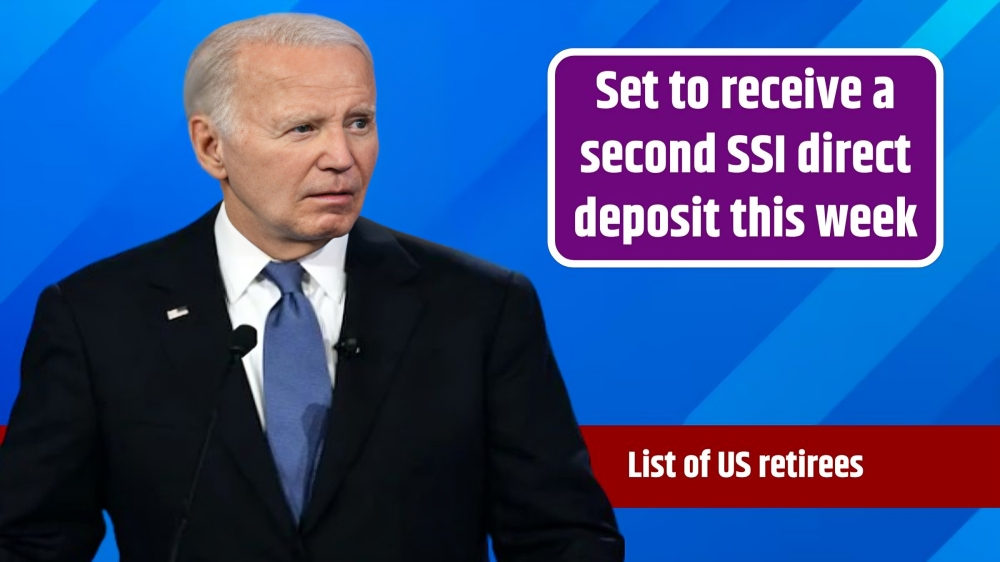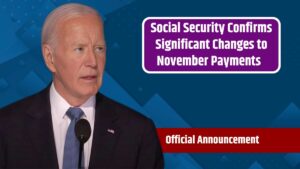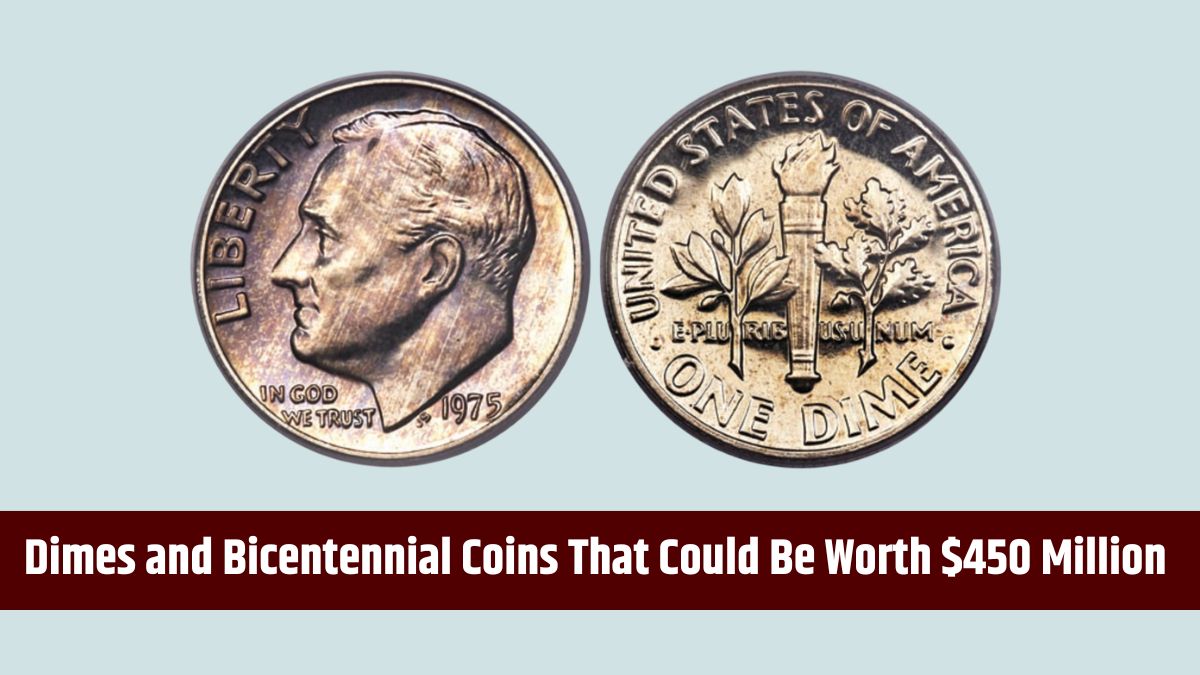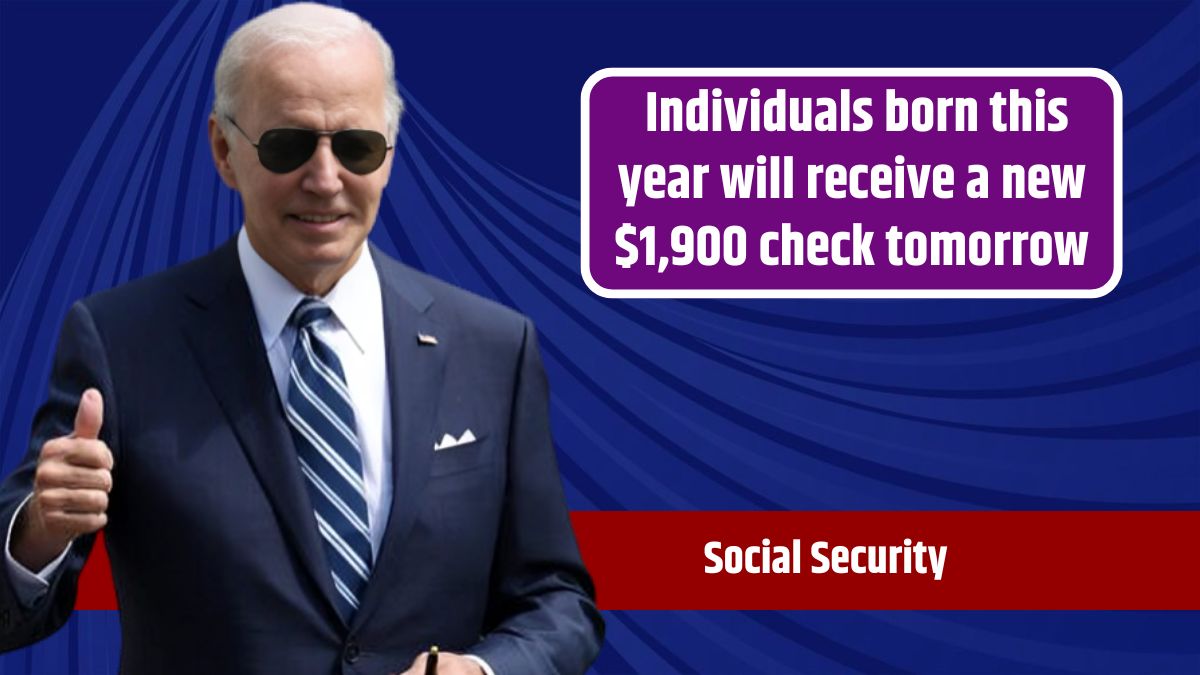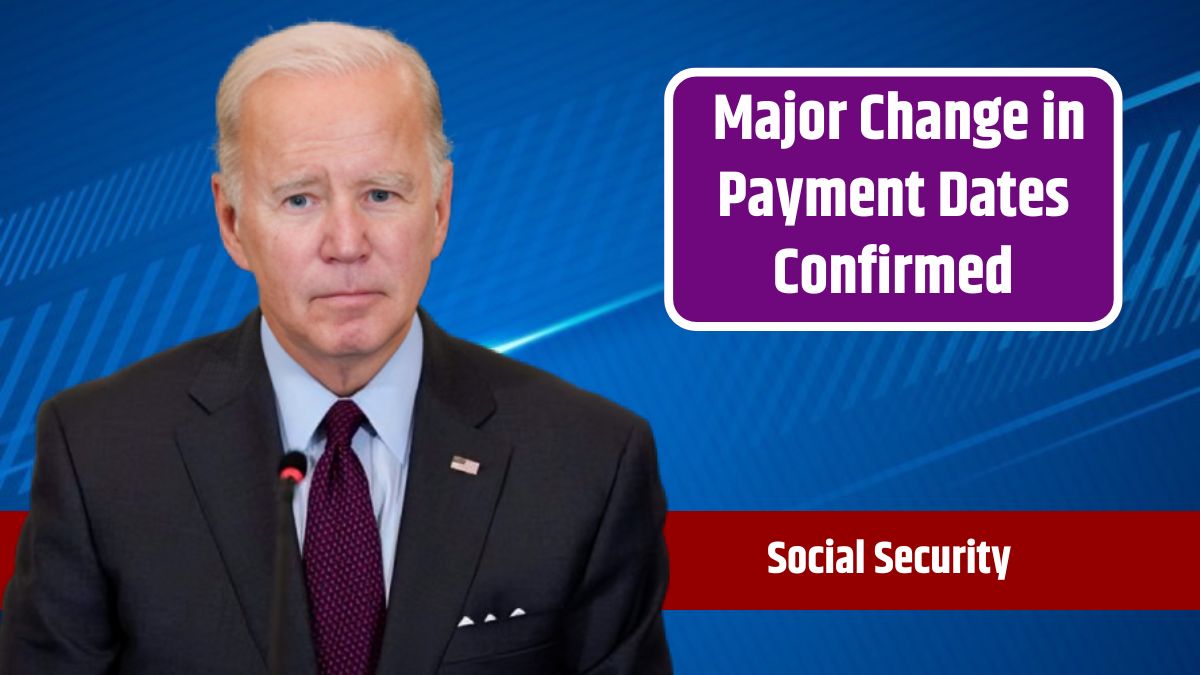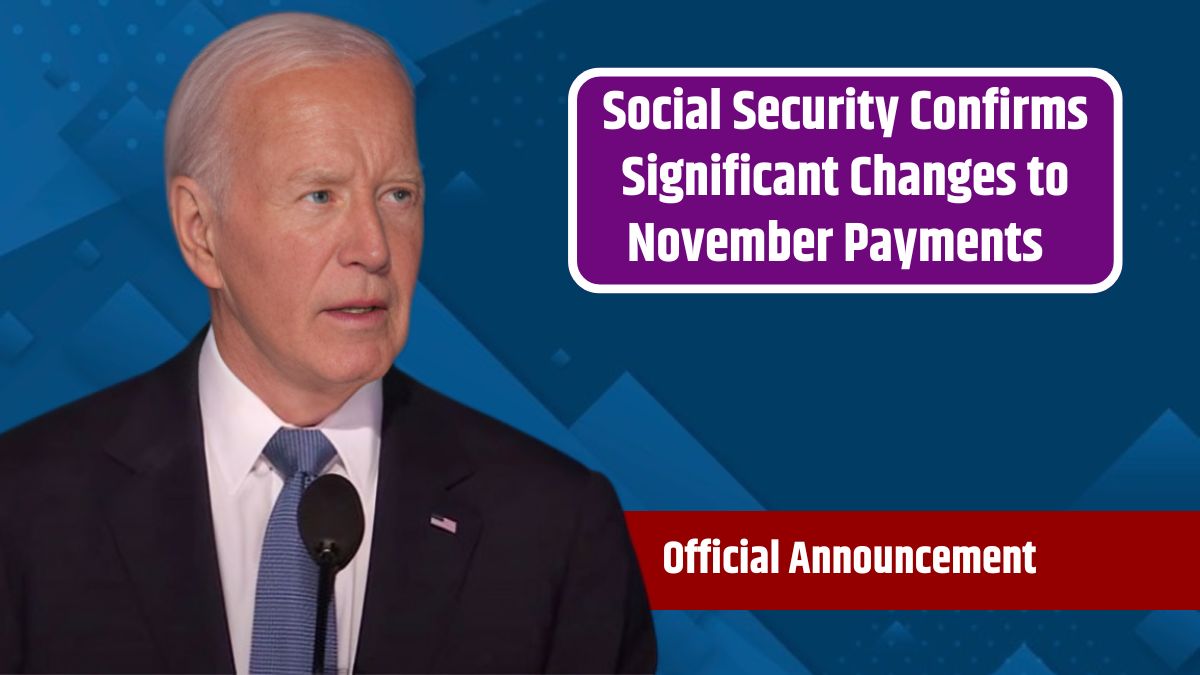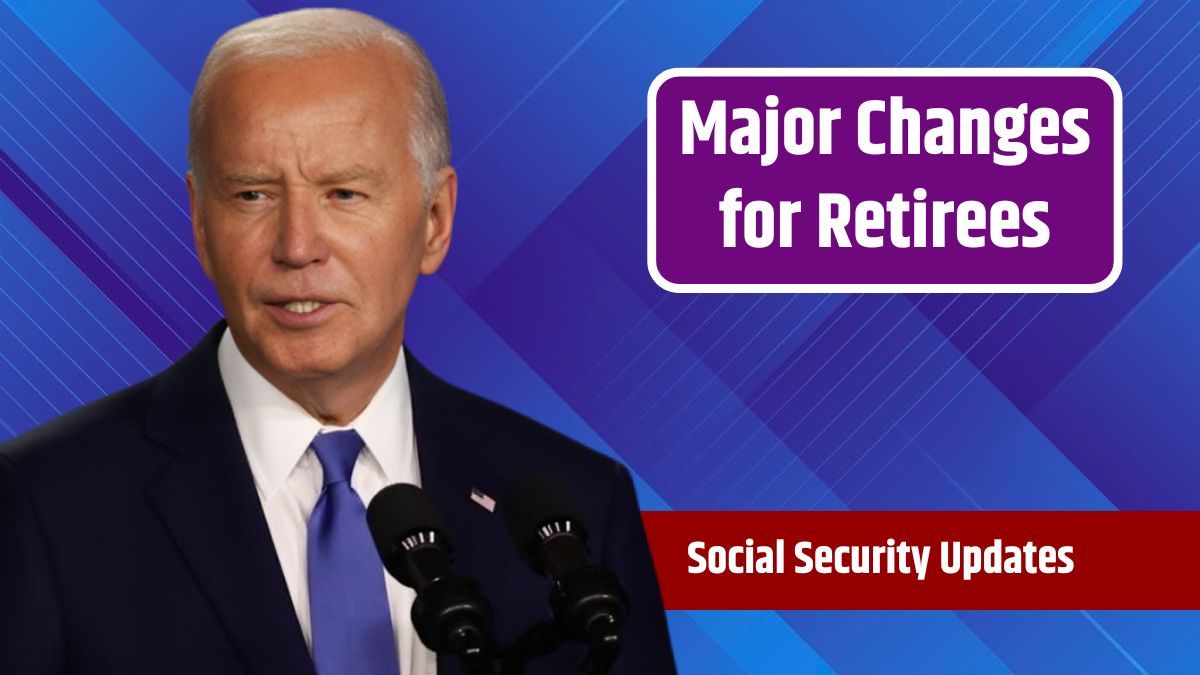The Supplemental Security Income (SSI) program, administered by the Social Security Administration (SSA), plays a crucial role in supporting low-income seniors over 65, as well as other vulnerable Americans, by providing them with a monthly check to help cover their living expenses. Established in 1972, the SSI program has become one of the most vital safety nets in the United States, assisting over seven million people in maintaining financial stability and, in many cases, preventing them from falling into poverty.
However, for those receiving these payments, it’s essential to know how the program works, the eligibility requirements, and the circumstances that can lead to receiving a double SSI check within a single month. Let’s look into the key aspects of the SSI program and why some recipients may receive two payments in a month.
Eligibility
Before diving into why you might receive a double payment, let’s cover the basics of eligibility for the SSI program. To qualify for SSI, you need to meet specific criteria:
Income: Your monthly earnings must be less than $1,971. This limit ensures that the program targets those with the most financial need.
Assets: Your total assets should not exceed $2,000 if you’re single or $3,000 if you’re married. This includes savings, property, and other valuables, excluding your home and vehicle.
Demographics: You must be at least 65 years old or have a disability that prevents you from working.
Meeting these criteria is crucial because even a small mistake in reporting income or assets can result in missed payments or disqualification from the program.
Double SSI Check
A common question among SSI beneficiaries is why they sometimes receive two checks in one month. The answer lies in the SSA’s payment schedule. The SSA issues payments on a specific schedule to ensure beneficiaries receive their money on time, even when the first of the month—when payments are usually sent out—falls on a weekend or holiday.
Schedule
Here’s how the SSA manages SSI payments:
- Regular Payment Date: SSI payments are typically made on the first of each month. This allows recipients to plan their monthly expenses around a predictable payment schedule.
- Weekend Adjustment: If the first of the month falls on a holiday or weekend, the SSA moves the payment date to the nearest preceding business day. For example, if the first of the month is a Sunday, the payment will be made on the preceding Friday.
August 2024
To illustrate, let’s look at August 2024. SSI beneficiaries received their first payment on Tuesday, August 1. However, since September 1 falls on a Sunday, the SSA issued the September payment on Friday, August 30. As a result, some recipients may have mistakenly thought they were receiving an additional payment or bonus. In reality, this “double payment” is simply an advance to ensure they have funds available at the beginning of September, avoiding any disruption due to the weekend.
This process helps maintain the financial stability of SSI recipients by ensuring they aren’t left waiting for their benefits. However, it’s essential to remember that this advance payment must last through the entire next month, so careful budgeting is necessary.
Importance
Knowing the SSI payment schedule and eligibility requirements is vital for financial planning. Misinterpreting the reasons behind double payments could lead to confusion and potential financial mismanagement. By staying informed about how and when SSI checks are issued, beneficiaries can avoid unnecessary stress and make the most of their benefits.
Whether you are currently receiving SSI or assisting someone who is, keeping track of payment dates and knowing how the system works will ensure that you or your loved ones can navigate the program effectively and avoid any disruptions in essential income.
FAQs
Why do some months have two SSI payments?
SSI payments are issued twice in some months when the first of the next month falls on a weekend or holiday, prompting the SSA to issue the payment early.
Does receiving two SSI payments in a month mean extra money?
No, receiving two payments is not extra money; it’s an advance for the following month due to the regular payment date falling on a weekend or holiday.
What happens if I exceed the income or asset limits for SSI?
Exceeding the limits may disqualify you from receiving SSI benefits, so it’s essential to report any changes to your income or assets promptly.
Can I rely on the double SSI payment to cover next month’s expenses?
Yes, the double payment is intended to cover your expenses for the following month, so budget accordingly.
How can I check the exact dates for my SSI payments?
You can check the SSA’s payment schedule online or contact the SSA directly for precise payment dates.
